How to calm the PMS dragon
By Louise Belle BHSc (Nut Med)
Premenstrual syndrome, otherwise known as PMS is used to describe the collection of symptoms that are experienced in the lead up to menstruation. The week or two prior to the arrival of ‘aunt flow’, could see a perfectly level-headed woman turn into an irrational and emotional fire breathing dragon that will snap at anyone who crosses her path. PMS will usually occur after ovulation and disappear with the onset of menstrual flow. The symptoms of PMS could be contributed to by fluctuations in oestrogen and progesterone- the sex hormones responsible for the monthly menstrual cycle. Those who suffer at the hands of PMS usually have hormones that are out of balance. Other factors include high stress, family history, ageing and history of hormonal contraception use.

What are the symptoms of PMS?
- Depression or anxiety
- Fatigue
- Reduced libido
- Insomnia
- Irritability or anger
- Headaches or migraines
- Bloating
- Breast tenderness
- Generalised aches and pains
- Food cravings
How can I combat PMS?

Natural progesterone
Progesterone is known as the happy hormone that can promote mood stability, emotional contentment and calmness. Women that have lower than normal levels of this hormone will often experience symptoms of disordered mood, such as anxiety and depression. Natural progesterone has been shown to be effectieve in relieving many of the symptoms associated with PMS. Natural progesterone is derived from plant sources and has a chemical structure that is identical to the hormone produced by the ovaries, otherwise known as a bio-identical hormone. These are extremely safe to use with minimal side effects. It differs greatly from the synthetic progesterone (called progestogen) which is derived from male synthetic hormones and can actually worsen PMS symptoms and cause weight gain and acne. The natural progesterone should be 5-10% and in the form of cream or vaginal pessaries for optimal absorption. It can be obtained via a script from your doctor.
Improve liver health
A healthy liver is imperative for decreasing symptoms of PMS. This is because the liver is responsible for removing excess levels of oestrogen from the blood, in order to restore the balance of oestrogen and progesterone. The following nutritional, dietary and lifestyle advice will help to optimise liver function.
Nutritional and herbal supplementation
- B vitamins: These vitamins help to regulate the brains biochemistry and aid in the production of serotonin- a regulator of mood, sleep and sex drive. They are also vital for optimal liver function.
- Selenium: Required for strengthening liver detoxification pathways, improving skin health and reducing inflammation.
- St Mary’s Thistle: A potent herb to strengthen and support liver detoxification pathways to increase removal of excess oestrogen.
- Curcuma longa: The active ingredient in turmeric is a potent anti-inflammatory and will help to reduce systemic pain and headaches.
- Folinic acid: The active form of folate is vital for mood stabilisation, improved sleep quality, energy production and strengthening detoxification pathways.
The above nutrients/ herbs will be found in a good liver tonic. - Magnesium: Involved in muscle relaxation, energy production and the sleep cycle, this miracle mineral is often found to be deficient in those who experience PMS. It could help to reduce stress and headaches and improve mood.
The Anti-PMS diet
This diet is designed to both prevent and reduce symptoms of PMS. If you follow these simple rules most of the time, you should see great improvement. It’s worth a try right!
- Avoid refined carbohydrates and sugars: Including soft drink, cakes, white bread and pasta and other sweet treats. This will help to control your weight and stabilise your blood sugar.
- Reduce unhealthy fats: Including deep fried food, preserved or processed meats and hydrogenated oils. This will help to reduce inflammation and pain, aid in weight control and restore hormone balance.
- Reduce caffeine and alcohol: This will help to reduce anxiety, stabilise mood and reduce incidence of headaches.
- Increase intake of foods containing magnesium and iron: Including wholegrains, green leafy vegetables, legumes, nuts and seeds, seafood and seaweed. These will aid in reducing headaches, preventing anaemia, and improving energy.
- Consume protein at every meal: Including organic eggs, seafood, poultry, Greek yoghurt, cheese, wholegrains, legumes, nuts and seeds. Protein helps to stabilise blood sugar levels and increase energy.
- Increase intake of phytoestrogen foods: These include seeds, legumes, beans, ground flaxseeds and sprouts. These foods help to stabilise hormone levels.
- Consume sulphur-containing vegetables: Broccoli, cauliflower, cabbage, kale, bok choy, garlic, leek and onion are high in organic sulphur. These foods will support liver detoxification pathways in removing excess hormones.
Lifestyle modifications
- Exercise: Engaging in a regular exercise routine will help to reduce muscle tension, increase endorphins and improve blood supply to the hormone glands and the liver.
- Increase water and raw juice intake: Ensure that you are drinking 2 litres of water daily and regularly juice ginger, carrot, apple, cabbage, leafy greens and herbs and citrus fruits. This will help to improve liver function, reduce headaches and breast pain and improve energy and mental clarity.
- Quit or reduce smoking: Nicotine can restrict blood supply to the hormonal glands, brain and skin. Quitting smoking will improve hormone output from the ovaries.
- Read: Dr Cabot’s book How NOT to Kill Your Husband is a handy manual that will help you to understand your PMS and give you the information you need to combat your symptoms. Another one of her books, Hormones, Don’t let them Ruin Your Life explains the different hormonal disorders, possible signs of hormonal imbalance, the effect of hormonal contraception and treatment methods. Both of these books are great references for anyone who wishes to understand the effect that hormones have on their bodies.
So, next time you feel the inner dragon burning, be sure to reference this article to avoid the fireball of PMS emotions.


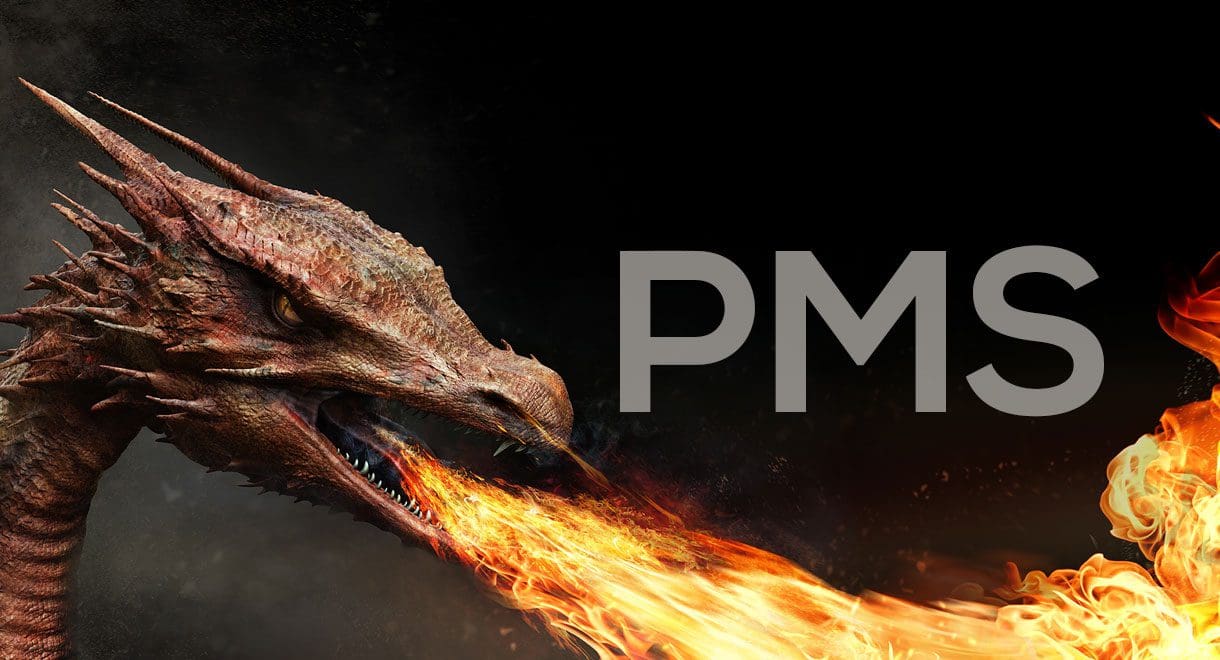

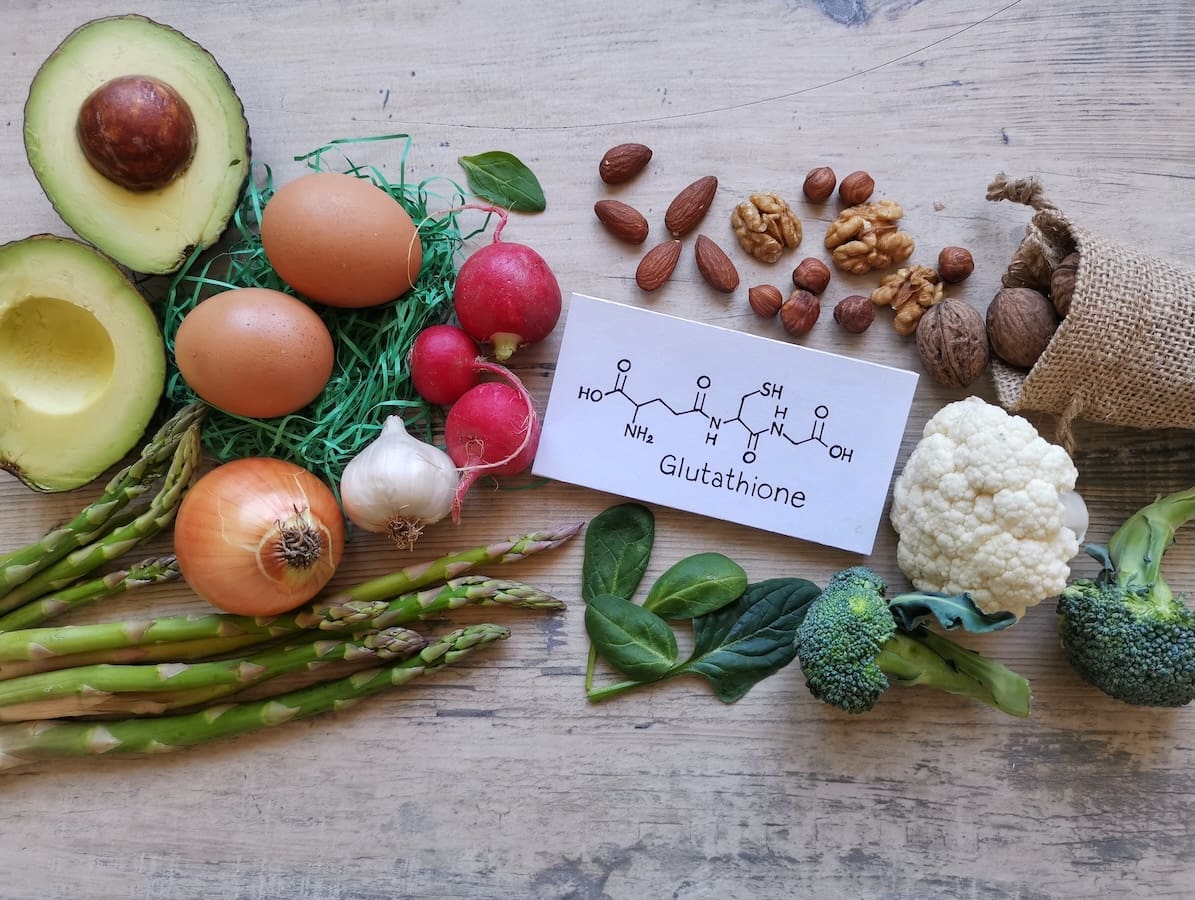

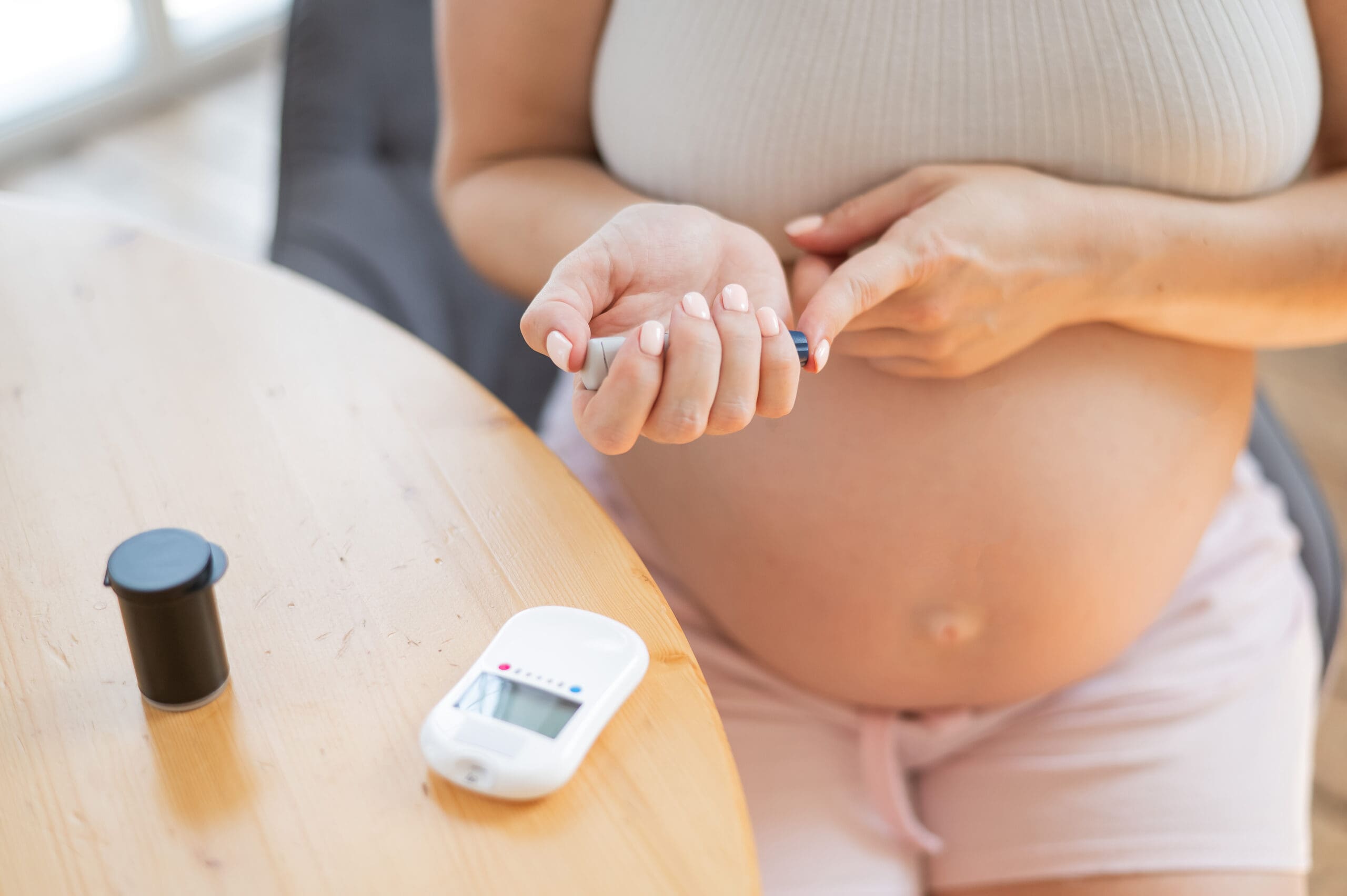
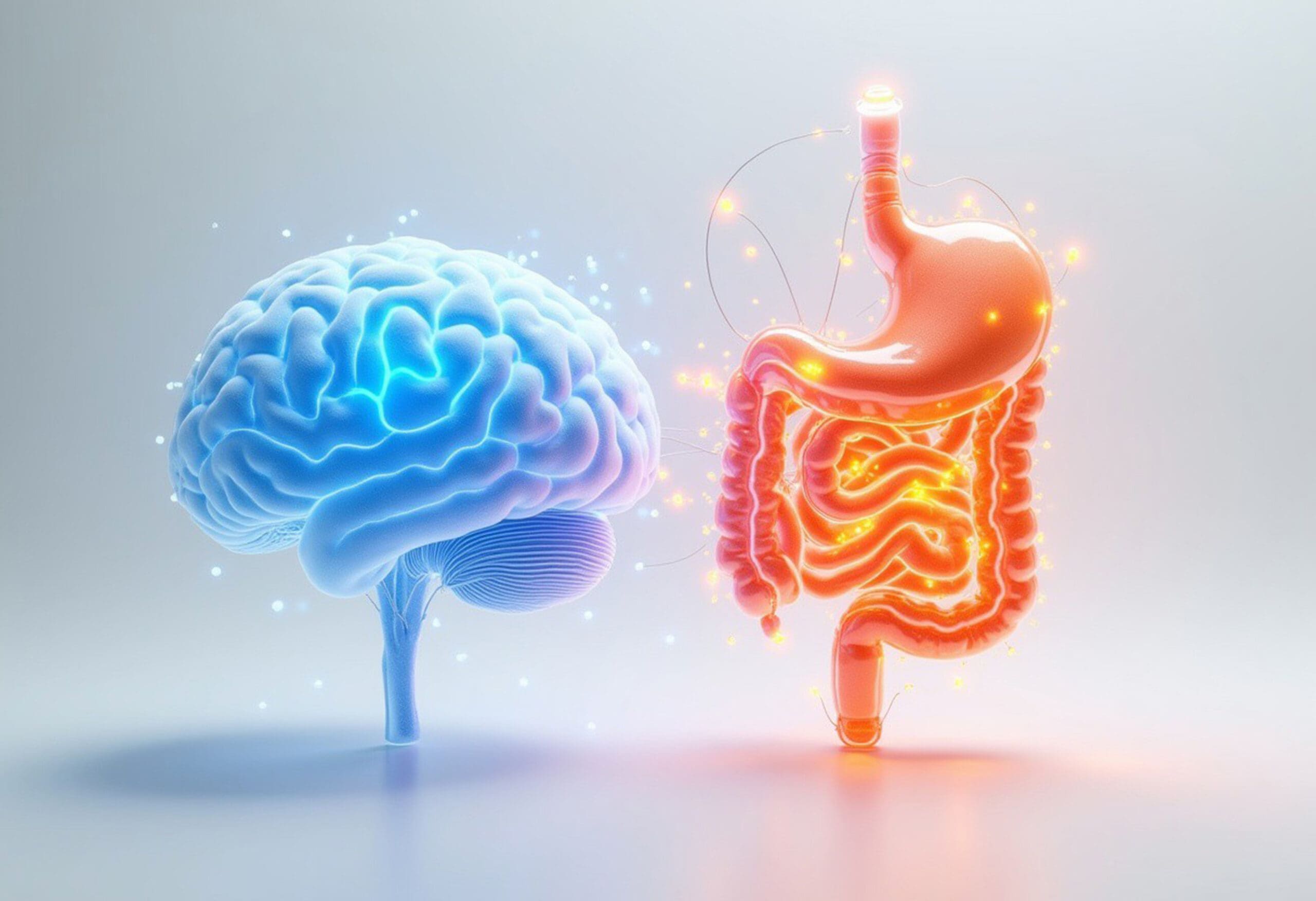
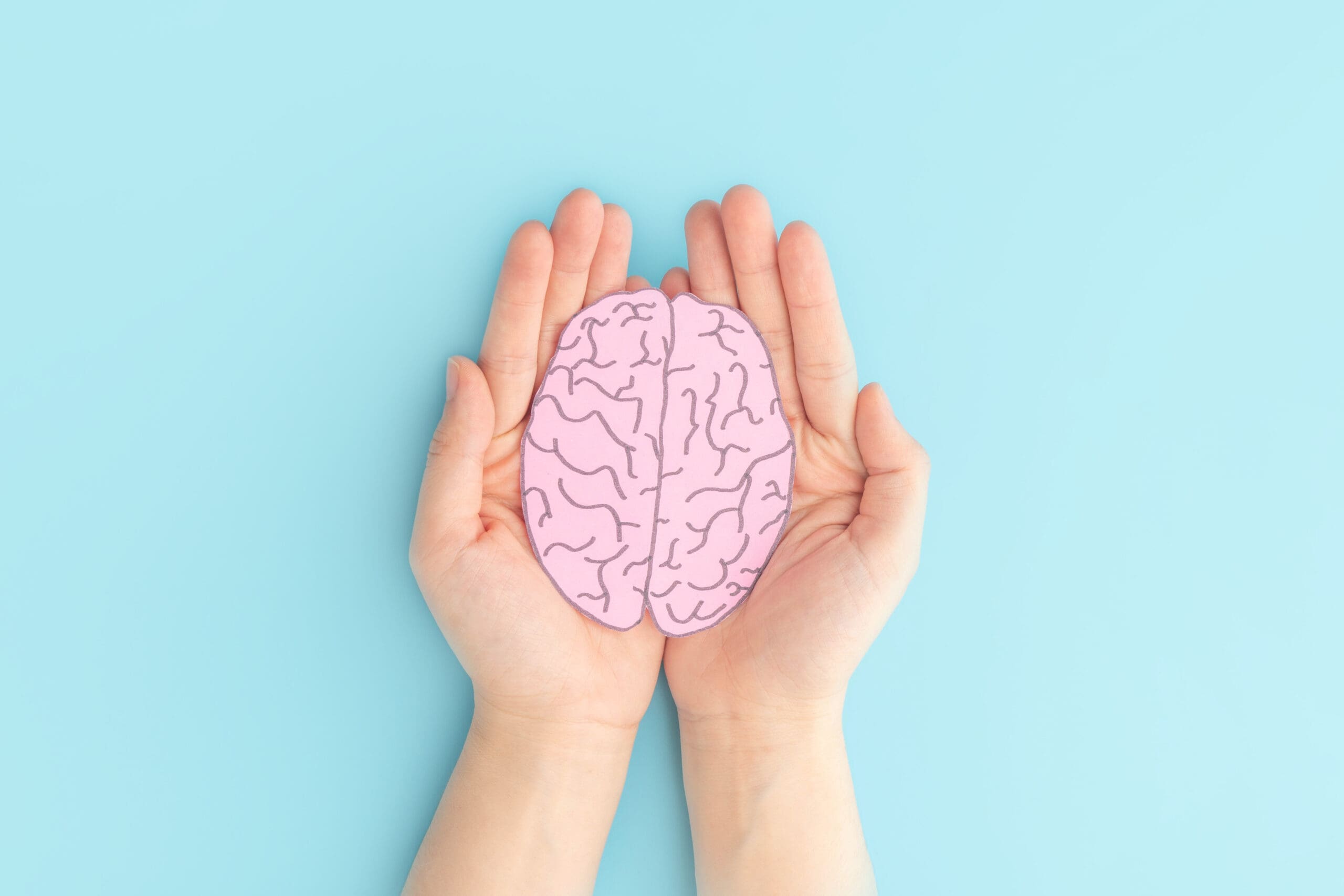
Leave A Comment